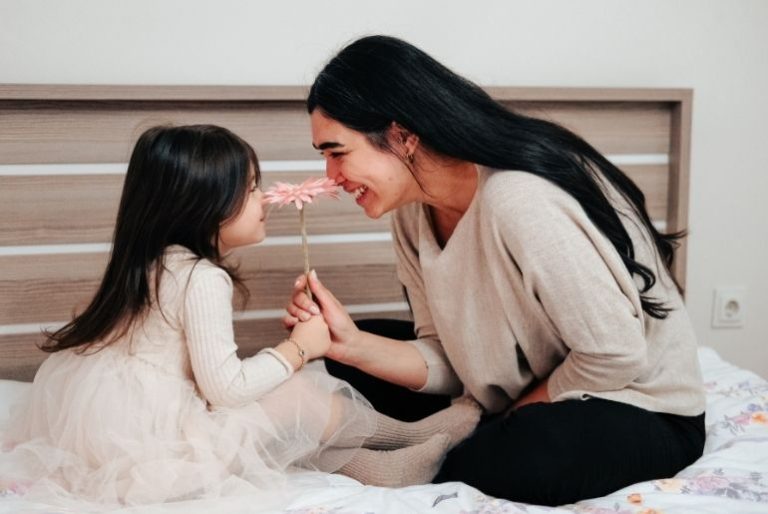Our feature at the moment is New Beginnings and over the last couple of months, we’ve heard HEAPS of amazing stories about people who have had all kinds of new beginnings. In this interview, we talk to Daryl Brougham, who experienced many challenges as a child. Despite these challenges, he went on to become a social worker – so that the things he experienced wouldn’t happen to other children. Daryl’s also written a book about his experiences in his new book – Through the Eyes of a Foster Child.
Hi Daryl – thanks for being willing to answer our questions. Can you tell us a bit about your childhood and what inspired you to write this book?
My childhood growing up predominantly was from foster home to foster home and this started from 3 months old to 18 years old. As a child, I never really had any chance of being a child. Instead, I was exposed to and expected to deal with the many horrific types of abuse towards me at the hands of the people who were supposed to keep me safe.
Despite this, I was a very observant, quiet and caring child. Between the years of about 8 and 10, I became very sensitive to others emotions especially those younger than me as I hated to see other children in emotional and physical pain and was often in deep thought trying to make sense of what was happening to them. In the end, as a child, I naturally took the role of guardian of others in my own situation.
I wrote the book “Through the eyes of a Foster Child” to be a voice for the thousands of children who do not feel they have one. Through the book, I wanted adults to understand the thoughts of a foster child and what it is really like to enter a new home, new school, new family, new environment and the thoughts of adaption or replacement. I wanted change, positive change.
Can you tell us a bit about what sparked a new beginning for you?
At the age of ten, I had a very rough placement and I felt scared for my safety. I deliberately broke the placement down to get out as I had nothing and nowhere to turn. On exiting the home and in the car with the Social Worker, I felt I could finally speak up about why I felt unsafe and broke the placement down but instead, I heard: “The way you are going, you are going to end up in jail”. I turned to look at him and said nothing. Instead I vowed that I would become a Social Worker when I got older and be a better one than he ever was.
How has this new beginning affected your life?
This new beginning of me wanting to be a Social Worker gave me strength, hope, vision, new goals and a early opportunity to start downloading information about a role of a Social Worker by simply observing, watching, mixing and matching what worked to what didn’t worked. This was measured by my own experience and by watching and listening to the many hundreds of other foster children I lived with. Simply put: I was on practicum. Eventually I completed my Bachelor of Social Work.
What would you like see changed about the foster care system?
I would like to see more resources available to caregivers such as: Social work follow up, training, more rights as a parent in ways of decision making, more financial support, instant available support networks of specialised services to support the care and child. There are many more but my point is: the more support for the caregiver, the better the ripple effect for the child.
What advice would you give a young person in the foster care system?
Create support networks, strategies and skills for yourself while in care as when you turn 18 everything you once had does not exist. And it’s not your fault.
Lastly, the impacts of State Care on a child needs to be taught from tertiary level





